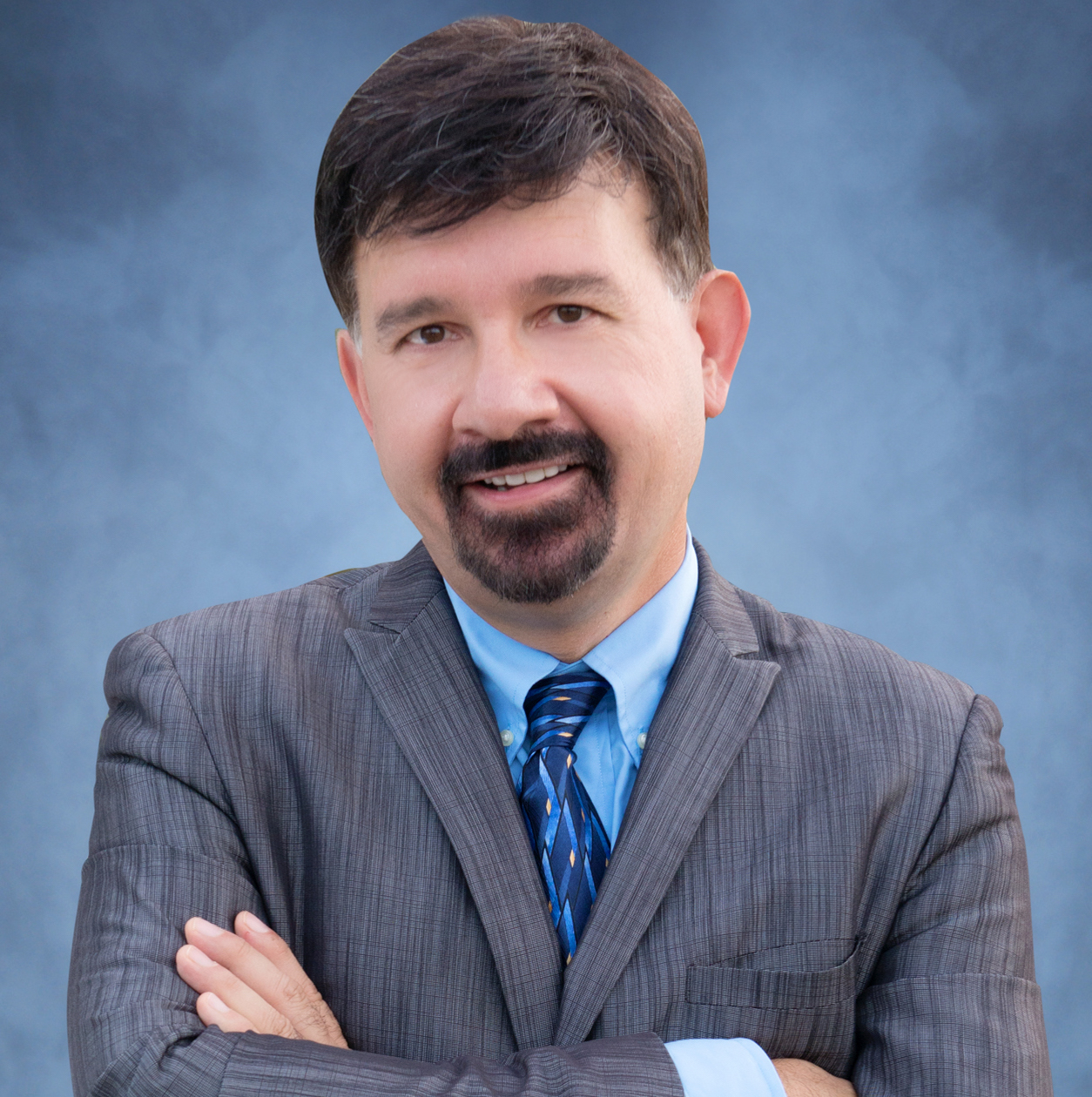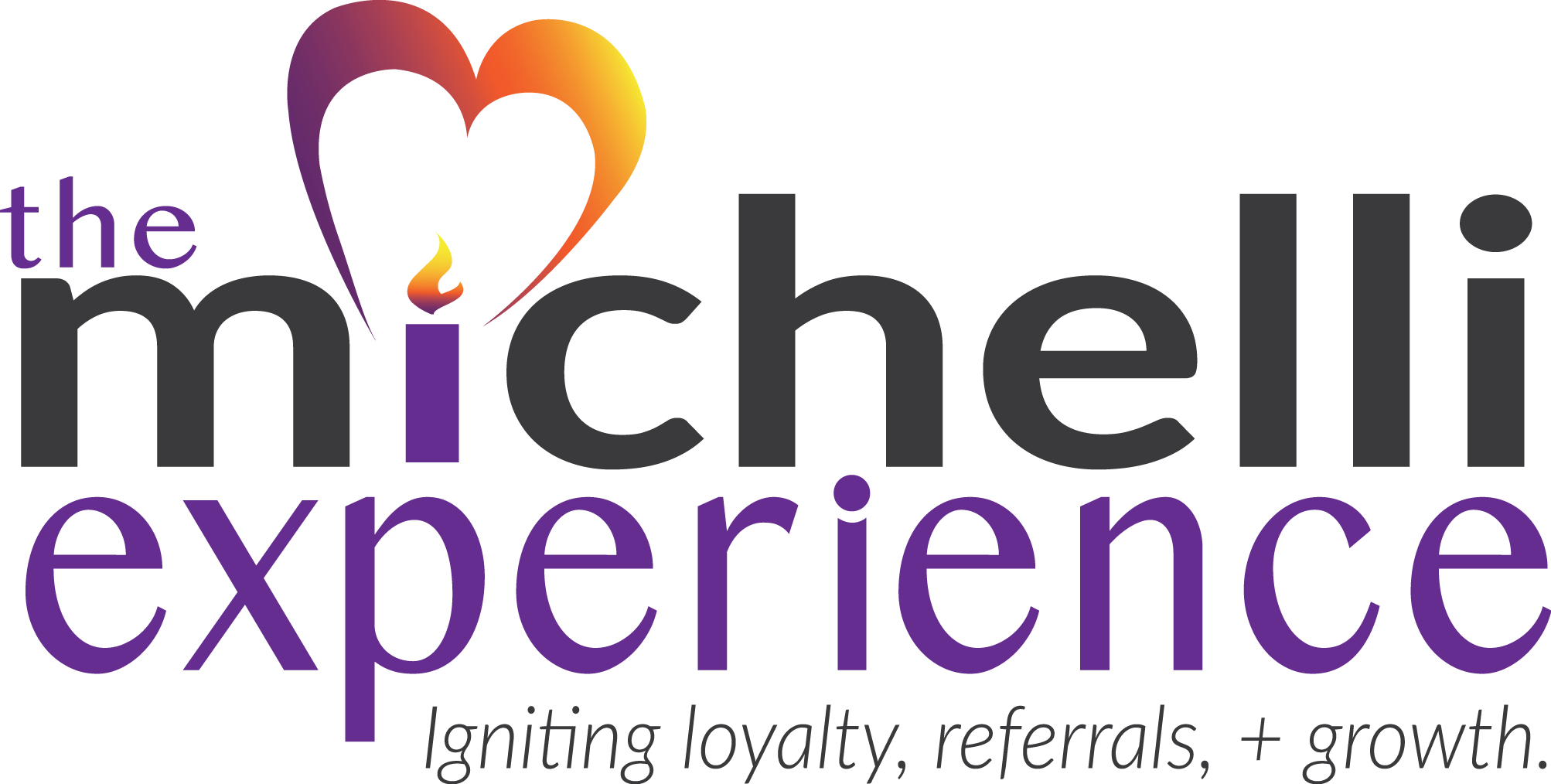Thank you for joining me for this series titled Stronger Through Adversity. The book by the same name is based on conversations I’ve had with more than 140 global leaders as they navigate through COVID-19.
In Stronger Through Adversity, I borrow wisdom from Greek philosopher Epictetus who said, “We have two ears and one mouth so that we can listen twice as much as we speak.” Throughout my conversations with leaders, it was clear that they were listening more and with increased intensity than they had before the pandemic. For example, these leaders regularly assessed their people and customers’ emotional status, fears, and morale. Leaders increased stakeholder listening through surveys (which I will discuss in next week’s post) and unstructured conversations.
These leaders practiced active, continuous listening, and they closed the loop by taking action on what they heard. From Epictetus’ perspective, during this time of extreme disruption, the most successful leaders listened twice as much as they spoke.
Let me give you one example of pervasive informal listening shared in Stronger Through Adversity. Dr. Ozlem Kilic, an Associate Dean of Academic and Student Affairs at the University of Tennessee, Knoxville, has always listened to student needs. The pandemic, however, expanded the scope and intentionality of that listening.
Dr. Ozlem reported, “Leadership during a crisis required personal outreach to everyone. At the University of Tennessee, that involved our faculty and staff contacting each student. Collectively, we initiated 40,000 plus calls and Zoom sessions. It became so consuming that I would dream about video conferences.”
Dr. Ozlem explained that the outreach was tiring, gratifying, and morale-building; “Many students needed solutions, others were just happy to know we cared. Everyone with whom I spoke was grateful for my concern. Most importantly, we demonstrated that our students mattered, and we learned what mattered most to them. For me, listening is the heart of leadership.”
Dr. Ozlem and her colleagues took immediate action whenever possible, to resolve individual student needs. They also aggregated common concerns and created systemic solutions. Most importantly, they reached out and asked important questions, like “How are you doing?” and “What can I do to help?”
So, let me pose those informal questions to you. How are you doing? I am not asking for an over-rehearsed response like “I am fine.” Instead, I want to understand both the factual details of your current situation as well as your emotional state? As for the second question, what can I do to help? What do you need, and how might I be of assistance?
I would love to hear your answers to those questions and discuss how you can drive more effective informal listening throughout your business. Please reach out to me and we will find time for a conversation.
If you would like to learn more about Stronger Through Adversity and get your special signed 40% off pre-order offer, head to strongerthroughadversity.com.
Until next time, may you be Stronger Through Adversity by relying on your two ears more than your one mouth.

Joseph A. Michelli, Ph.D. is a professional speaker and chief experience officer at The Michelli Experience. A New York Times #1 bestselling author, Dr. Michelli and his team consult with some of the world’s best customer experience companies.
Follow on Twitter: @josephmichelli



